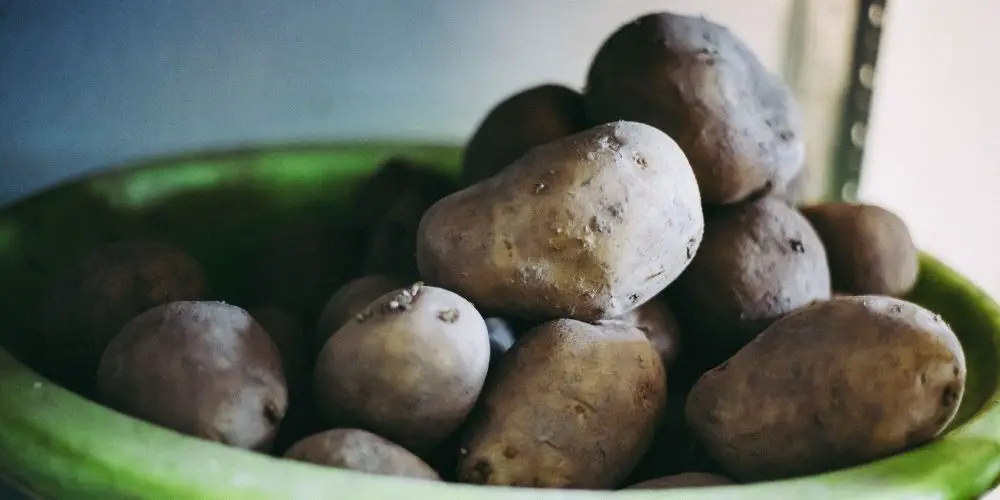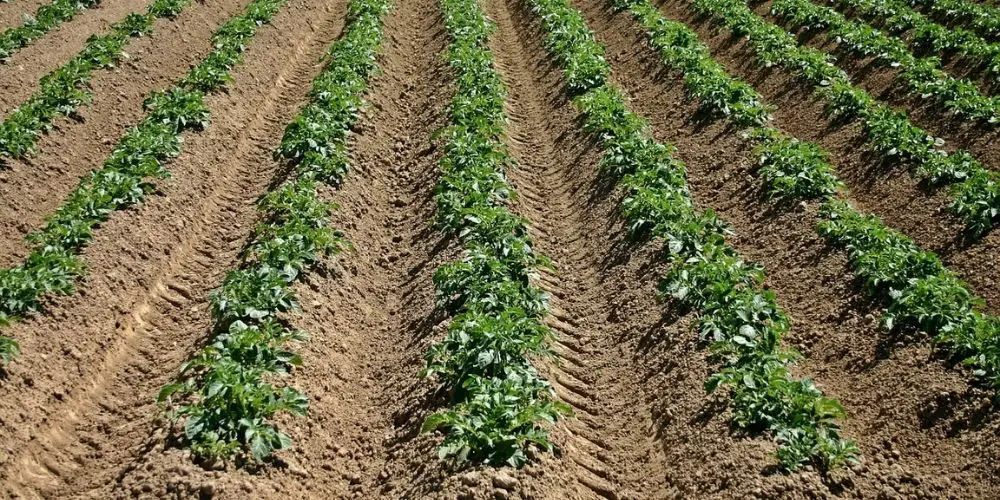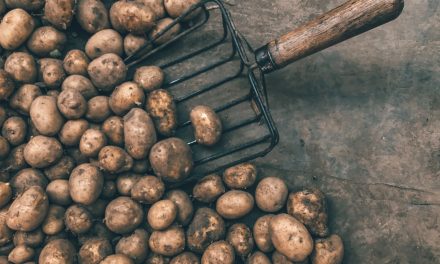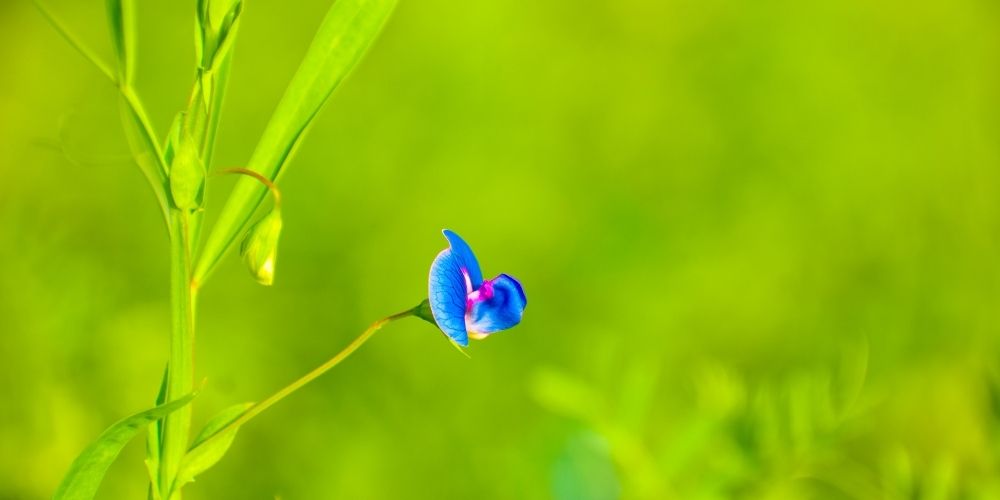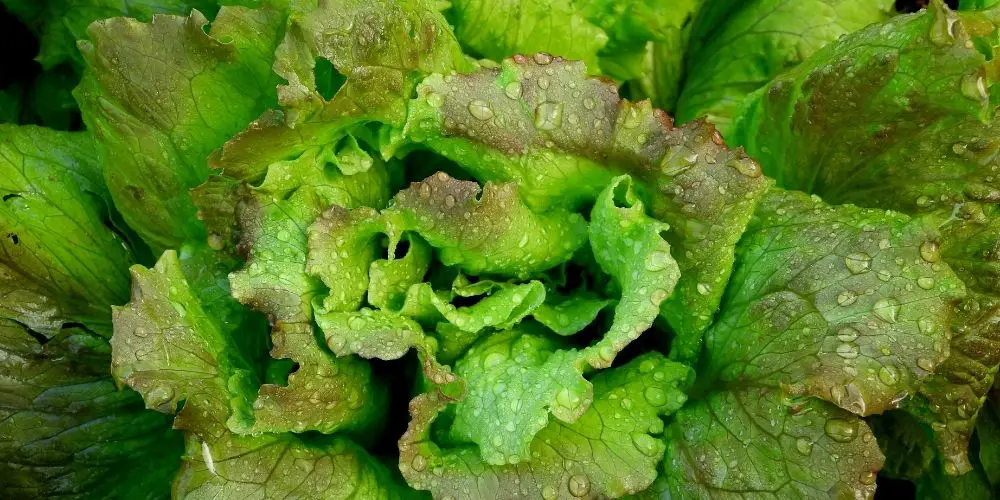If you have ever stepped away from your cut potatoes for ten minutes, you may have returned to a sorry sight. As delicious as these wonderful root vegetables are, they can be a bit temperamental if you don’t take proper precautions after cutting or peeling, and you will return to a grey, brown, and even black potato.
This process that is not unique to spuds is called oxidation. You may have seen it on your apples, bananas, and even that delicious guacamole that you put out for a party. But what is oxidation, and is it harmful? This article will explain a little more about this unique process and why you don’t need to be afraid of it, but how you can save your cut potatoes either way.
What is Oxidation?
Oxidation in food is what happens when the food products become exposed to air. It can cause many diverse reactions, but in the case of potatoes or the other foods mentioned above, it all has to do with pigments. A cut potato no longer has the protection of its skin and has exposed some of its cells to oxygen.
This exposure activates an enzyme known as tyrosinase. Once tyrosinase is activated, it will immediately begin to darken the color of the vegetable. The process will happen in minutes, so by the time you finish chopping your next vegetable, your potatoes have started to transform.
Is it Safe?
Although the result of an oxidized potato looks like spoiled food, it is perfectly safe to eat. It is mainly the pigment that has been affected by this process.
Nothing has gone wrong, and if you catch yourself with a discolored potato shortly after peeling, you don’t need to toss it.
However, the appearance of food is important, and grey mashed potatoes can be disheartening. Luckily, there are a few ways you can prevent these foods from changing color.
How to Prevent Oxidation
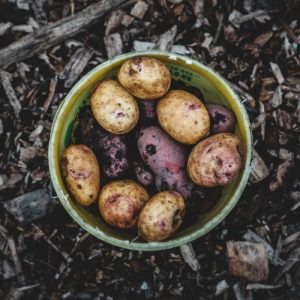
The first way is pretty simple. If exposing the potato has started the process, limiting its exposure to oxygen will slow the oxidation. You can do this by soaking the potatoes in water until they are ready to be used.
You will find this will significantly slow the browning and save your spuds for up to 24 hours.
However, if you want to eliminate the process altogether, you can denature the enzymes with heat or acid. A small amount of lemon juice or vinegar in the water will eliminate oxidation. Cooking the potatoes will also stop the enzymes from doing their thing.
A quick tip for guacamole, another food prone to browning, is to squeeze some lemon juice on it and then cover it with plastic wrap. Your guacamole will stay nice and green, in addition to having an excellent flavor addition with the lemon.
- What are seed Potatoes?
- Do Potato Plants have to bloom to produce potatoes?
- Can you grow potatoes in winter?
Conclusion
If you have never seen this process in action, it is understandable to be skeptical of what looks like deterioration. Lucky for us, this process is harmless and simple to prevent.
So when you want to save the color of your potatoes, soak them in a bowl of water and know that your beautiful, delicious spuds are safe to eat either way.

